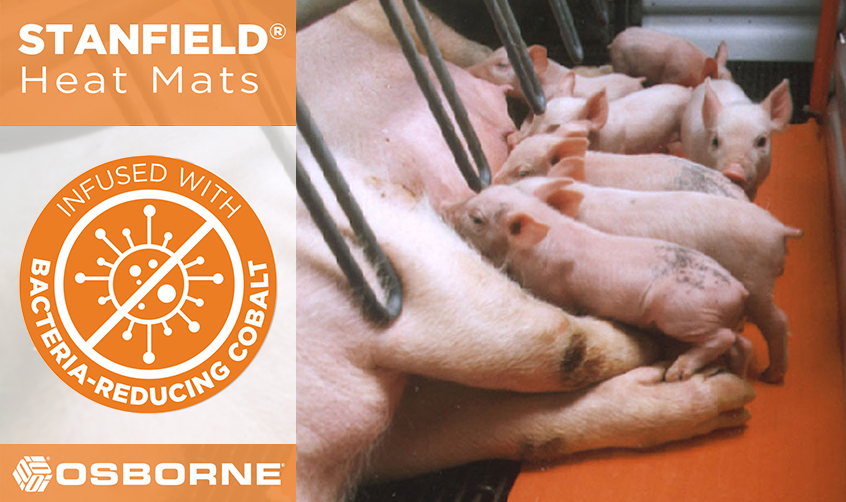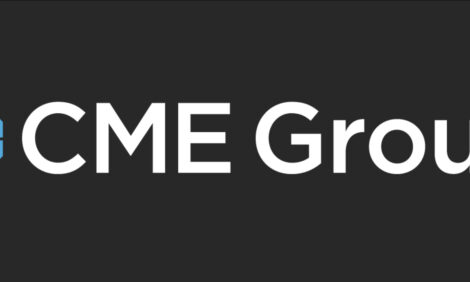



AASV defines its future at annual meeting
Attended by 880 from 16 countriesThe American Association of Swine Veterinarians (AASV) held its 53rdAnnual Meeting in Indianapolis, Indiana, February 26–March 1, 2022. The meeting participants enjoyed the opportunity to listen to 213 speakers and poster presenters by attending numerous educational sessions, including 11 preconference seminars, 2 general sessions, 3 break-out sessions, 1 research topic session, 3 industrial partners sessions, the student seminar, and a poster session featuring posters from students, researchers, and industrial partners.
Preconference seminars included topics about influenza, pharmacology, feed risk, applied field research, nutrition, leadership, and the swine veterinarian’s toolbox in 2032. Saturday’s Diagnostics: Opportunities, Advancements, and Implementation and Sunday’s Data-Driven Decision Making preconference seminars drew the most preregistered attendees. As always, the Swine Medicine for Students preconference seminar was well attended by veterinary students. The ever-popular practice tips session this year titled "Practice Tips: Learn from the Past and Shape our Future", was voluntarily judged by Drs Chelsea Hamilton, Clark Huinker, and Terri Specht, and chaired by Dr Melissa Billing. Dr Thomas Gillespie’s presentation titled, Ghost Piglets, received the top prize, followed by Dr Jeff Harker, Learning to Work with Yourself, and Dr Jessica Risser, Tips and Trick for Interpreting PRRS Whole Genome Sequencing. Sunday afternoon, veterinary students highlighted their research and experience to a large crowd during the student seminar.
Dr Angela Baysinger, North American animal welfare lead for all species for Merck Animal Health, 2021 AASV Meritorious Service Award recipient, and AASV’s newly elected vice-president, opened the Monday general session with the Howard Dunne Memorial Lecture. During her presentation, titled Leaping into the Future: Sit Down, Buckle Up, and Hang On, she acknowledged that members do not always have to agree but should strive to be open minded. Dr Baysinger closed with a statement inspired by a quote from Martin Luther King, Jr. She left the audience by saying, “The ultimate measure of an organization is not where the members stand in moments of comfort and convenience, but where they stand at times of challenge and controversy.”
Dr James Kober, an independent consultant and contract hog finisher, presented the Alex Hogg Memorial Lecture titled Learning for the Future. Reminding attendees that Dr Alex Hogg completed the Executive Veterinary Program in Swine Health at age 75, he demonstrated that it was never too late to learn. He encouraged members to reconnect with their mentors throughout their careers, emphasizing that mentorship is a lifelong endeavor.
A panel of dynamic speakers shared their perspectives in diversity, equity, and inclusion in veterinary medicine during the general session. Speakers shared a similar theme of acknowledgement and apology, acceptance of an opportunity to learn, and forward movement with new knowledge.
The Monday afternoon concurrent sessions challenged veterinarians to evaluate PRRSV RFLP 1-4-4 and its management; think critically about sustainability and animal welfare; and consider new tools to address disease prevention, control, and elimination. The Tuesday general session focused on foreign animal disease preparedness and response. A panel of state animal health officials from Indiana, Iowa, and Minnesota, answered numerous questions from the audience.
The AASV continued to emphasize member well-being by hosting the AASV Veterinarian Well-being Center. The center offered an American Veterinary Medical Association (AVMA) Wheel of Well-Being, interactive displays, and tips to support a culture of well-being from AASV leaders past and present. The AASV Human Health, Safety, and Well-Being Committee prepared an activity to help attendees get to know and appreciate their AASV colleagues and promote well-being and inclusivity at the annual meeting.
In addition, 15 AASV committees met during the annual meeting to discuss important issues in swine health, public health, animal well-being, and membership services. A new Diversity, Equity, and Inclusion committee, established by the AASV Board of Directors at their April 2021 meeting, focused their discussions on promoting a socially conscious organizational culture that affirms the value of diversity, equity, and inclusion.
The AASV Awards Reception was held Monday night, followed by the AASV Foundation’s annual fund-raising auction. Dr Scanlon Daniels, 2018 AASV president and 2022 AASV Awards Selection Committee chair, introduced the recipients of the Swine Practitioner of the Year Award (Dr Dyneah Classen), the Howard Dunne Memorial Award (Dr Tim Loula), the Meritorious Service Award (Dr Daryl Olsen), the new Outstanding Swine Academic of the Year Award (Dr Montserrat Torremorell), the Technical Services/Allied Industry Veterinarian of the Year Award (Dr Gregory Cline), and the Young Swine Veterinarian of the Year Award (Dr Lauren Glowzenski). Read more about the awardees at aasv.org/aasv/awards.
American Association of Swine Veterinarians President Dr Mary Battrell reported on the association’s membership and activities during the annual business meeting on Tuesday, March 1st. The 2022 AASV officers, Drs Mike Senn, president; Bill Hollis, president-elect; Angela Baysinger, vice president; and Mary Battrell, past president, were installed. The board welcomed newly elected district directors Drs Stephen Patterson (District 3) and Maryn Ptaschinski (District 7). Dr Battrell also welcomed Hunter Everett (North Carolina State University, class of 2024) as incoming alternate student delegate to the AASV Board of Directors, and thanked outgoing Student Delegate Amanda Anderson (Iowa State University, 2022). Sidney Simmons (North Carolina State University, 2023) assumes the role of student delegate. Honored guests at the business breakfast included Drs Jose Arce (AVMA president), Sam Miller (AVMA), Dustin Odekoven (National Pork Board), Liz Wagstrom (National Pork Producers Council), and Paul Sundberg (Swine Health Information Center).
As reported during the annual AASV business meeting, the Annual Meeting drew 880 total attendees, including 459 paid registrants and 81 veterinary students from 16 universities. The total attendance also included 252 exhibit representatives from 90 companies and organizations. Including the United States, 16 countries were represented.








